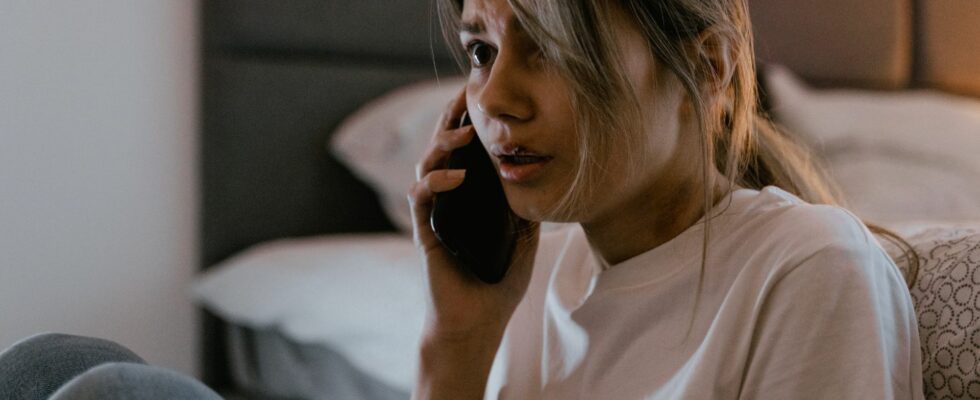Studies suggest a link between symptoms of poor sleep and paranormal beliefs. However, this study is not enough to establish the link, but it brings new elements.
Are there ghosts in your house? Maybe you’re just…tired. This is the conclusion of work published on January 11, 2023. The authors were able to determine a link between beliefs related to the paranormal and sleep variables. Over 8,000 people were polled online internationally, via the BBC.
This is not the first time that this link has been suggested in a study. But, in general, it is sleep paralysis that is evoked. In this publication, the number of variables is extended. The result is intriguing, though not entirely conclusive.
A “greater adherence” to certain supernatural beliefs
Several symptoms of poor sleep quality — little restful night, long sleep time, short sleep duration, frequent insomnia symptoms, etc. — are linked, according to the authors, to “ greater membership ” several ” beliefs “. Among the latter, there is the existence of ghosts and demons, the ability to communicate with the dead or the visit of extraterrestrials on Earth, and even life after death.
The visit of the aliens would seem more specifically related to sleep paralysis (stay stuck in your body, conscious, unable to move) or to the syndrome of the head which explodes (sensation of a deaf noise inside the skull).
The authors suggest that the link is not necessarily linear: lack of sleep is not necessarily the cause of belief in something supernatural. It could also be the other way around: The more general association between sleep and paranormal beliefs could be explained by the fact that anxiety related to certain paranormal beliefs (eg the existence of ghosts and demons/devils) interferes with sleep. »
A vicious circle is also possible — “ (…) Those who reported very strong beliefs reported fewer symptoms of insomnia than those who had some uncertainty “. According to the authors, these elements could be explained by the fact that uncertainty and indecision (in this case, uncertain beliefs) can lead to anxiety, which in turn can interfere with sleep “.
As these works are based on a survey, they are not designed to explore the answers in more detail: the study does not explain more than that the reason for the link between sleep and the paranormal. It also does not incorporate research into psychopathologies (depression, post-traumatic stress…) and does not look at education, personality differences or…religious beliefs. The strong presence of people with certain sleep disorders (paralysis) also suggests that they were perhaps more inclined to want to answer the survey. This means more research is needed.
The study therefore remains moderate in terms of the strength of the evidence. The interest of this work remains however important in the clinical field, in that their initial demonstration will surely lead to a deepening. The existence of a possible link between beliefs and sleep can help in the diagnosis of certain pathologies.
Build the future of Numerama with us by answering these questions!
